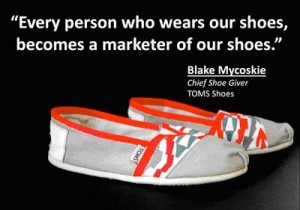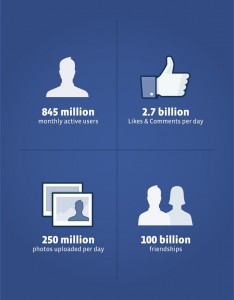The New York Times Magazine published at the beginning of the year this article on how Target and more large companies get close to the people that consume there. Every time a client walks in a store regularly, Target re-collects tons of data and, when it’s possible, it gives the client a unique ID number or code that recognizes his shopping. Target’s Guest Marketing Analytics department links your frequent shopping with your age, where you live, what your job is, your approximate salary, what credit cards you have and more. Big companies today know what we are interested in because of the research that has been done through psychological questionnaires, brain studies and habit formations. The way Target achieves high sales made me think of Management Information System because as a company they are using technology, recollecting data on the clients to offer them what they are interested in, and with this obtain the high sale rates needed.
http://www.nytimes.com/2012/02/19/magazine/shopping-habits.html?pagewanted=2&_r=4&hp&








